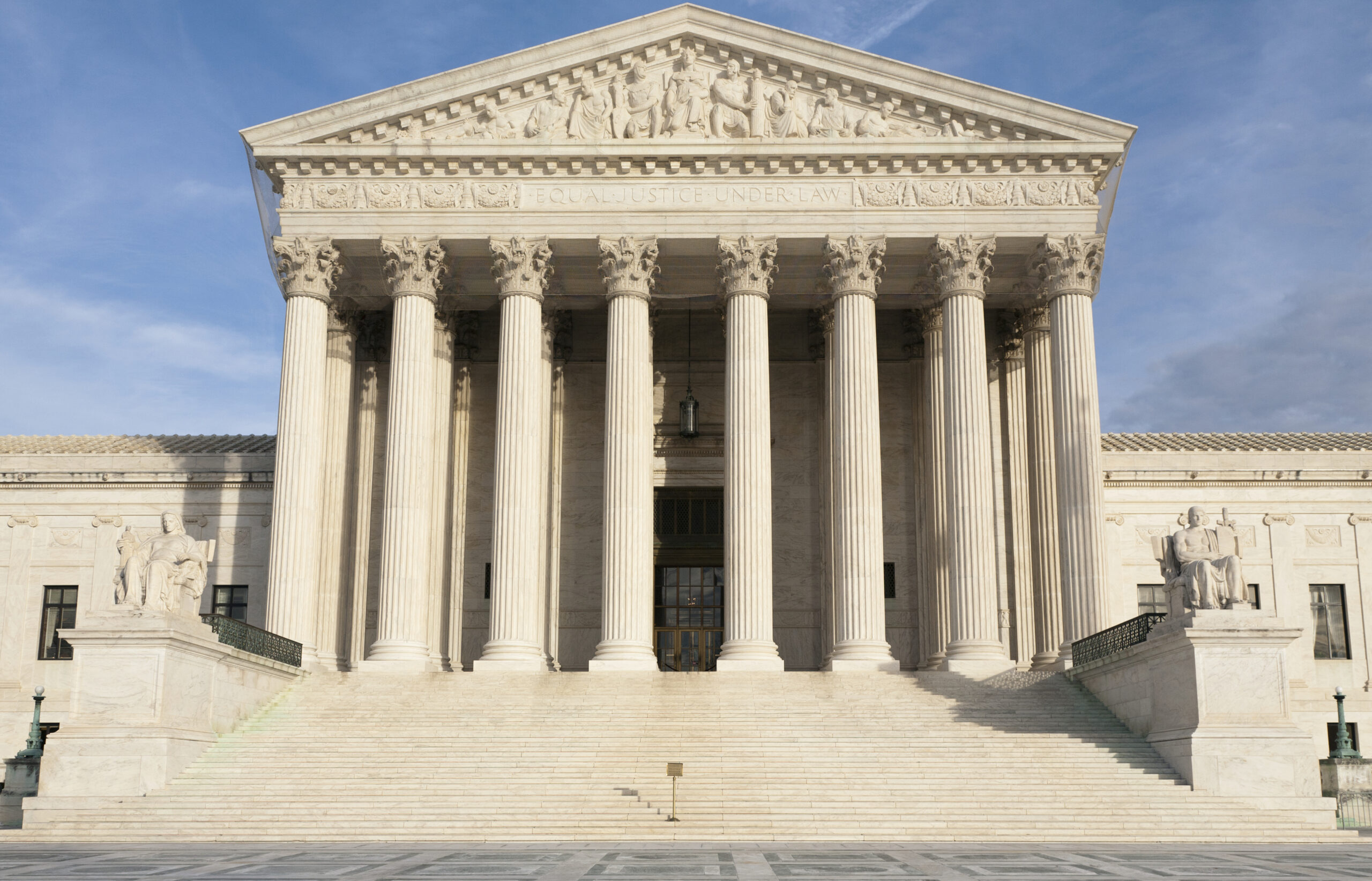
Case
Equal Protection Project Files Amicus Curiae Brief in Boston “Zip Code” Racially Discriminatory Admissions Case
Case Particulars
Tribunal
United States Supreme Court
Date Filed
May 20, 2024
Docket No.
No. 23- 1137
Case Status
Petition for Certiorari Filed; EPP Filed Amicus Curiae Brief Supporting Petitioner
Case Overview
The Boston Parent Coalition for Academic Excellence Corporation brought suit against the School Committee for the City of Boston over changes to admissions to Boston’s elite “Exam Schools” that resulted in drastic decreases in admissions rates for White and Asian high school students and dramatic increases in admissions for Black and Hispanic students. The changes consisted of using the zip code of residence for each student to apportion high school seats rather than merit in the form of standardized test results, which had been used prior to 2021.
The U.S. District Court for the District of Massachusetts ruled in favor of the School Committee despite three School Committee members resigning in disgrace after uttering extremely racist statements or transmitting racist tests, against Whites and Asians, during the meeting where the new racially discriminatory plan was enacted.
The U.S. Court of Appeals for the First Circuit, which covers Massachusetts and other New England states, affirmed, holding that the plan was Constitutional.
The Boston School Parents, on April 17, 2024, filed a Petition for a Writ of Certiorari with the United States Supreme Court, asking the Court to review the case. The Boston Parents argued that the Boston Zip Code case, in conjunction with a previous Virginia school admissions case called Coalition for TJ, were a powerful one-punch that dismantle the Supreme Court’s previous school admissions equal protection jurisprudence.
After reviewing the Boston Parents’ Petition for Certiorari, the Equal Protection Project decided to file an amicus curiae, or “friend of the court” brief in the Supreme Court, making our case for why the Court should take this case, even though they didn’t take Coalition for TJ. EPP adds real value here, in that EPP’s brief emphasizes how the two cases, Boston Parents and Coalition for TJ are different, not similar, and why that is the key to the Court taking the case even though they didn’t take Coalition for TJ.
First, EPP argues that open racial animus at the time of decision sets this case apart from Coalition for TJ. There, no School Committee members expressed any racial hatred or directed racial invective toward any group. Here, both the district court and the court of appeals below found that the School Committee in question was infected with racial animus during the very meeting that they adopted the Zip Code Plan. This clear showing of intent to racially discriminate is…key….
This is important because in effect what the First Circuit held is that even in a case where clear racial hatred is expressed by those adopting a plan that racially discriminates against the targeted racial group(s) at the meeting where the plan is adopted, the fact of that racial hatred, which is clear evidence of the Committee’s intent to discriminate, is irrelevant as long as the racially discriminatory reduction in admissions was not severe enough to cause the targeted group to be underrepresented admissions-wise. That cannot be right.
Second, EPP argues that the Boston School Committee’s “Zip Code Plan” was enacted because the School Committee knew that its use would cause a drop in White and Asian school admissions, which is exactly what happened. The practice of using geographical area of residence to discriminate has a long history in “redlining,” where Black citizens from the 1930s to the 1970s were denied access to mortgage credit for housing, even if they personally qualified for such a mortgage.
From EPP’s brief:
The Boston School Committee used the zip codes of the Exam Schools’ applicants to meticulously enact a plan that the Committee knew would cause an increase in Black student attendance at the Exam Schools, rather than a reduction, and a reduction in White and Asian-American student attendance, just as surely as the FHA knew that classifying Black neighborhoods as “inharmonious” and then “redlining” them, would necessarily lead to Blacks being denied access to mortgage credit.
The Supreme Court Court will decide whether to review this case sometime this summer.
Case Documents
Media Coverage
- Equal Protection Project Files Supreme Court Brief Supporting Parents and Students in Boston Zip Code Quota Case, James Nault, Legal Insurrection (May 21, 2024)


